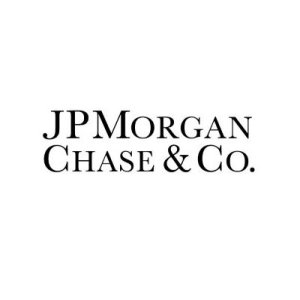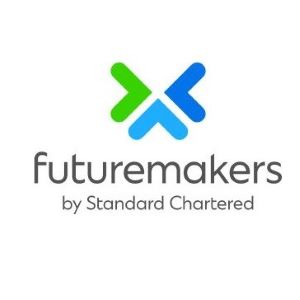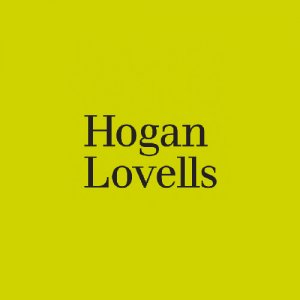
Grace Naikazi
Uganda“It looked impossible to start a pharmacy, I was told it would require too much money. I thought it would take three years to save and raise the capital I needed”
It has been estimated that around 20% of young people have the potential to become entrepreneurs, yet only 5% do.
This discrepancy is often due to the many challenges that young entrepreneurs face, it is also a result of the numerous common misconceptions about what is required to start a business. Grace Naikazi, a pharmacist from Uganda, was nearly held back by this belief, she thought starting her own business would require resources she did not yet have.
However, after she heard about Enterprise Uganda’s Business and Enterprise Start Tool (BEST) training through a WhatsApp group, Grace decided to enrol in the programme. By the last day of training, Grace was excited about the prospect of being self-employed, and as a consequence, made the decision to start her business as soon as possible.
The (BEST) training helped Grace to realise she did not need to delay her entrepreneurial aspirations and would be better off making use of the various assets she already had. She recalls: “Rather than looking to other sources for the capital I needed to outfit a shop, I decided to use my personal savings. I found a commercial space to rent and went about finding ways to kit out my shop.”
The training also convinced Grace to make use of the knowledge and personal skills that she already possessed when deciding upon her market. “Though I am a pharmacist, I thought I would start a drugstore. However, by the conclusion of the programme, I resolved to utilise my experience and open a pharmacy.”
Enterprise Uganda also encouraged Grace to complete market research before establishing her business. This suggestion enabled Grace to find out there was no pharmacy in the Kulambiro neighbourhood in Kampala, enabling her to fill a gap in the market and give her business the best chance of success.
Once Grace had started down the path towards business ownership, nothing could stop her. Even after her loan application was turned down by a leading commercial bank, on account of low cash flow, she made use of her connections to source an initial run of merchandise. Grace convinced her wholesaler to provide the initial products on credit and along with a loan from a friend, was able to begin trading.
Grace’s decision not to delay has proved hugely successful and the market research also helped. The pharmacy didn’t take long to start turning a profit and Grace was able to start paying back the people she had turned to, to help her get the pharmacy off the ground.
Grace also made the decision to prioritise growing her business over personal financial gain. All of the profits she has made were re-invested, and although she did not pay herself a wage to start with she was able to create employment opportunities for people in her community.
“I very quickly took on three employees, it was a great honour to be able to provide jobs to local people. It is hugely rewarding.”
What is more, Grace is not content to stop. She plans to expand her business by opening more branches, and is also acting as a consultant to oversee another pharmacy that has not been able to grow at the same rate. Grace finds the ability to help others in her community to achieve similar success a powerful motivation.
Grace’s believe it is important to encourage potential entrepreneurs to focus upon the assets and skills they already possess, rather than the limitations. What is more, she would not have considered starting her business so soon had she not participated in the BEST programme.
“I now always advise young people to look out for Enterprise Uganda’s training, it will change their life.”
Supported By
In Partnership with
Other Stories
Niranjan Ovhal’s story
Mustafa Panshiri
Those who make it possible
View all
JPMorgan Chase & Co

Standard Chartered Foundation

Hogan Lovells

Google.org
